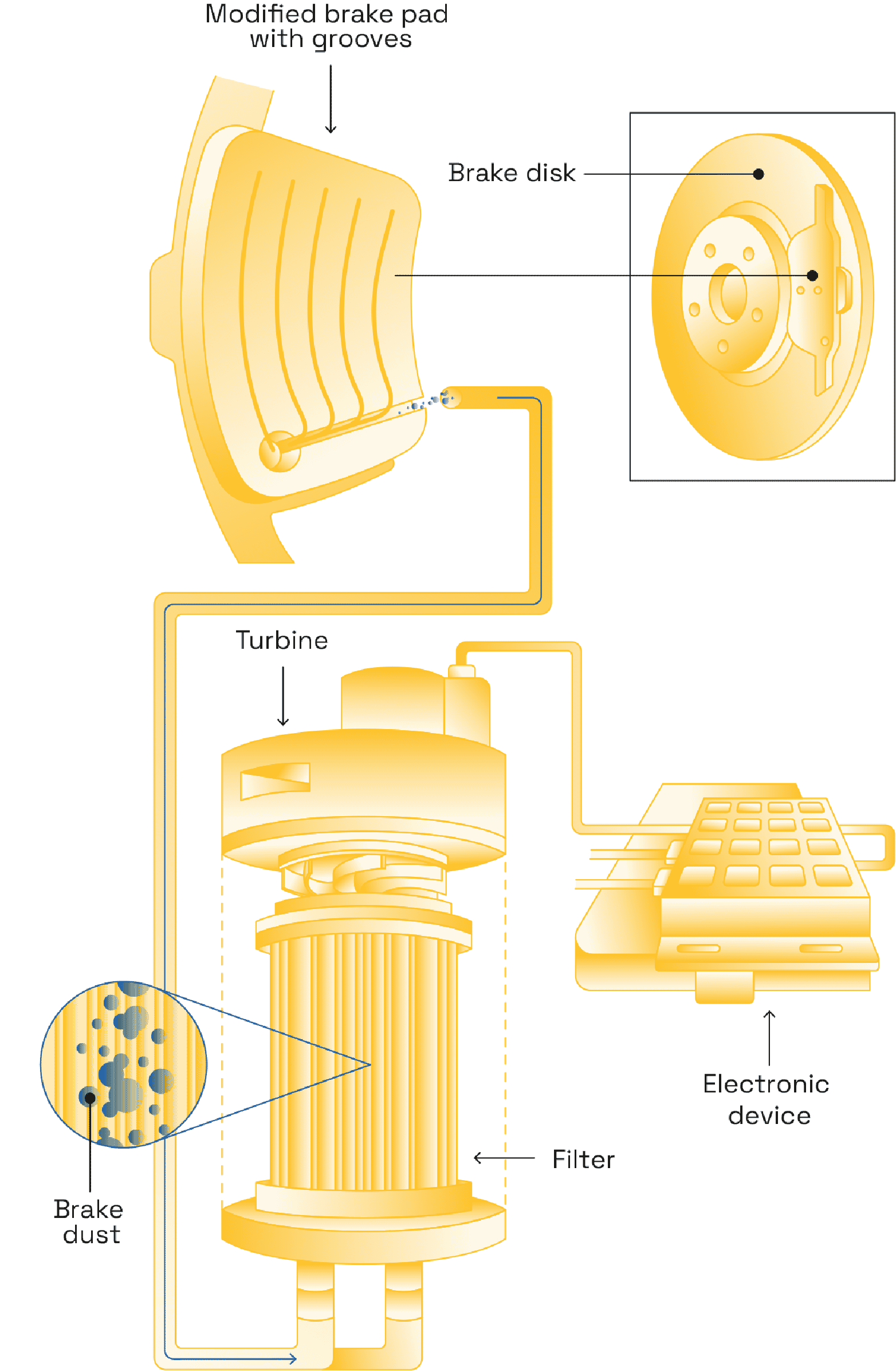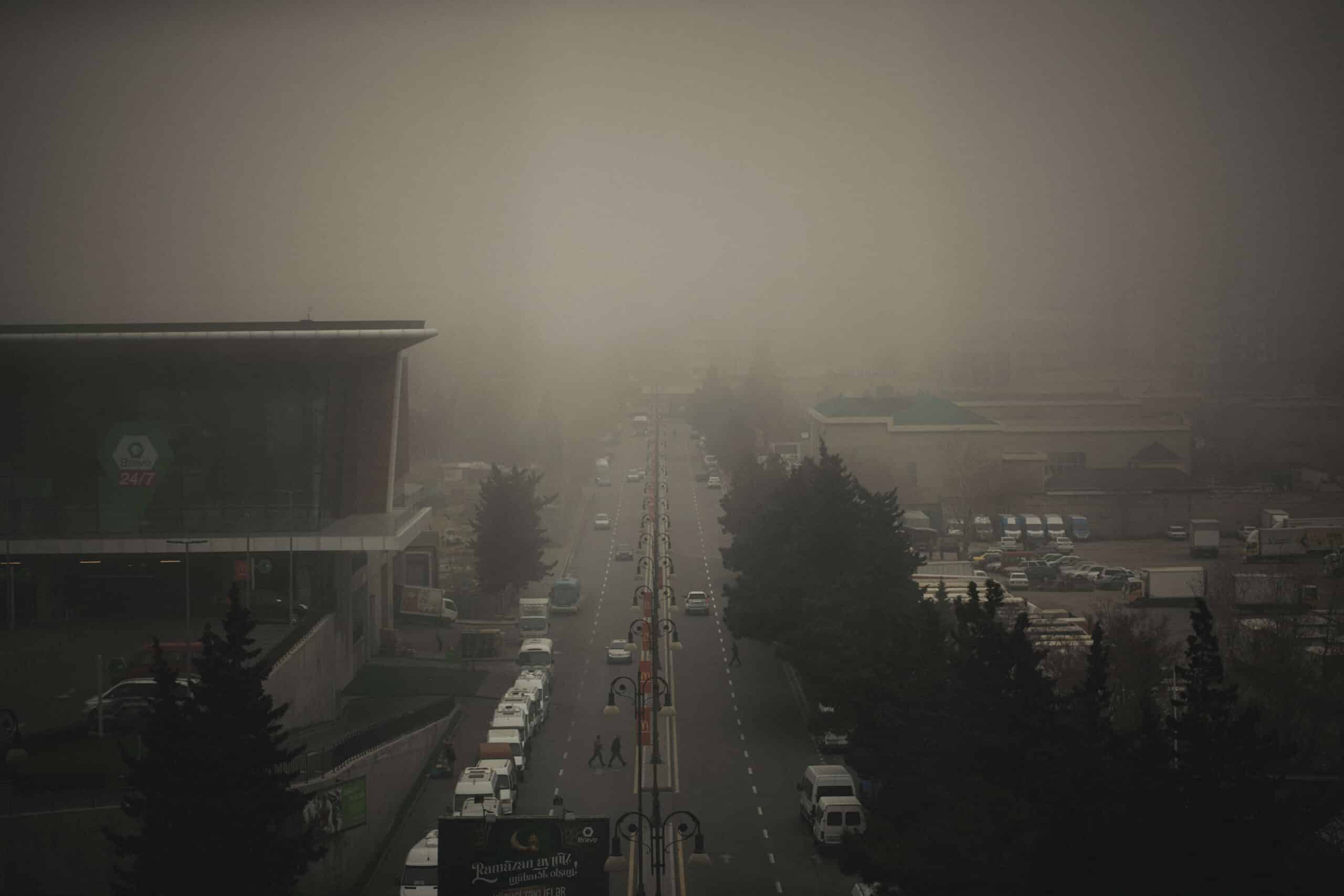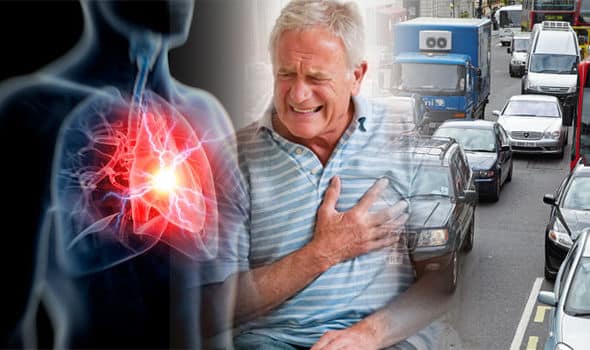How many years is air pollution taking off your life?
It’s a scourge with disastrous consequences on human health and life expectancy all over the world. In October 2022, France’s Conseil d’État (Council of State) recently drew attention to the problem, condemning the nation’s government for its lack of action on climate issues. But exactly what is air pollution and how can we protect ourselves against it?
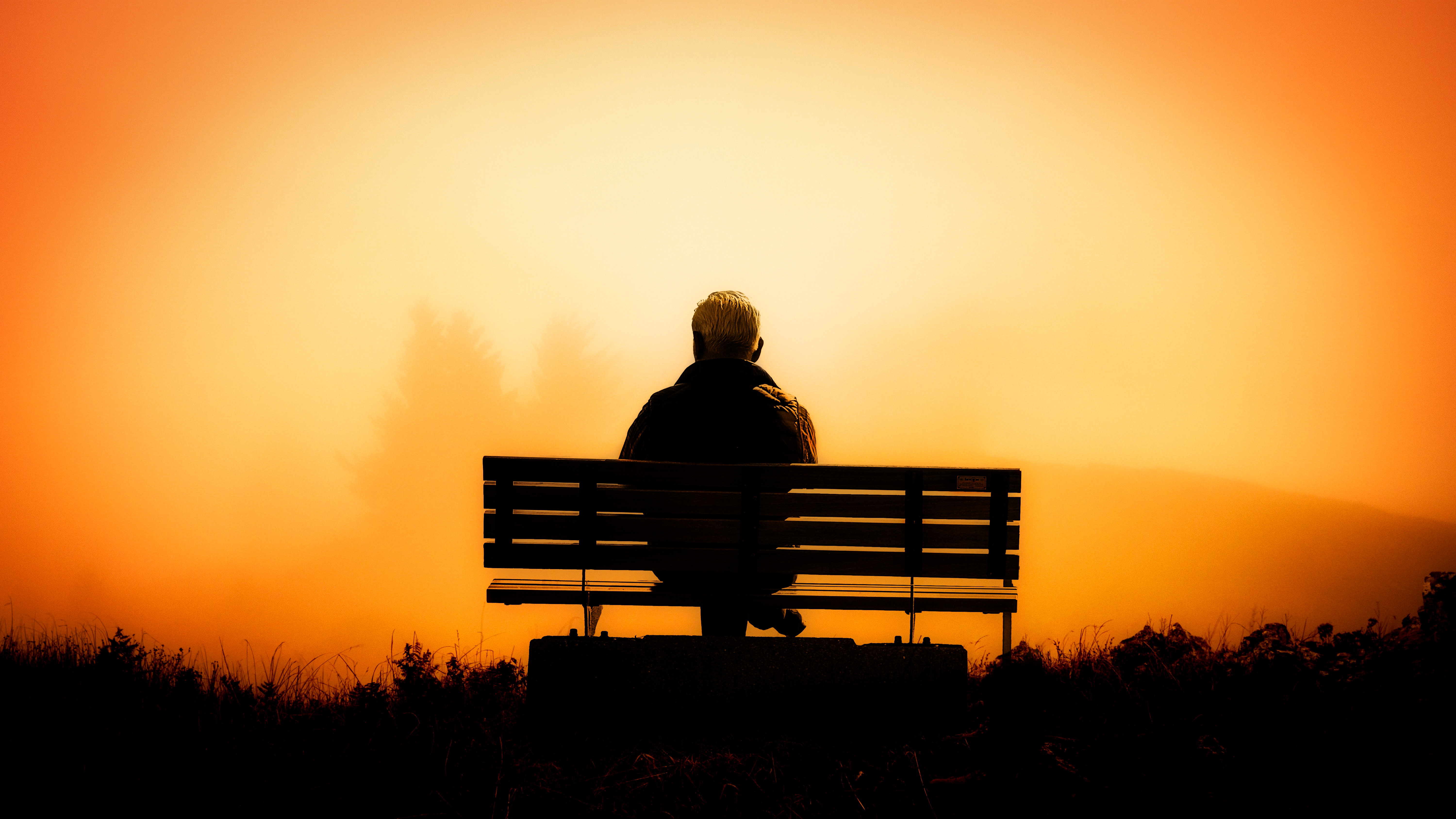

More than two years. That’s how much life expectancy we would gain in France if we could reduce air pollution from fine particles to the level recommended by the World Health Organization. The unfortunate leader in this category is the capital of India, New Delhi, where air pollution shaves ten years off its inhabitants’ life expectancy. In Europe alone, fine particle pollution caused 238,000 deaths in 2020. Harvard researchers believe that this figure is largely underestimated, and they would attribute nearly 100,000 deaths a year in France alone to air pollution.
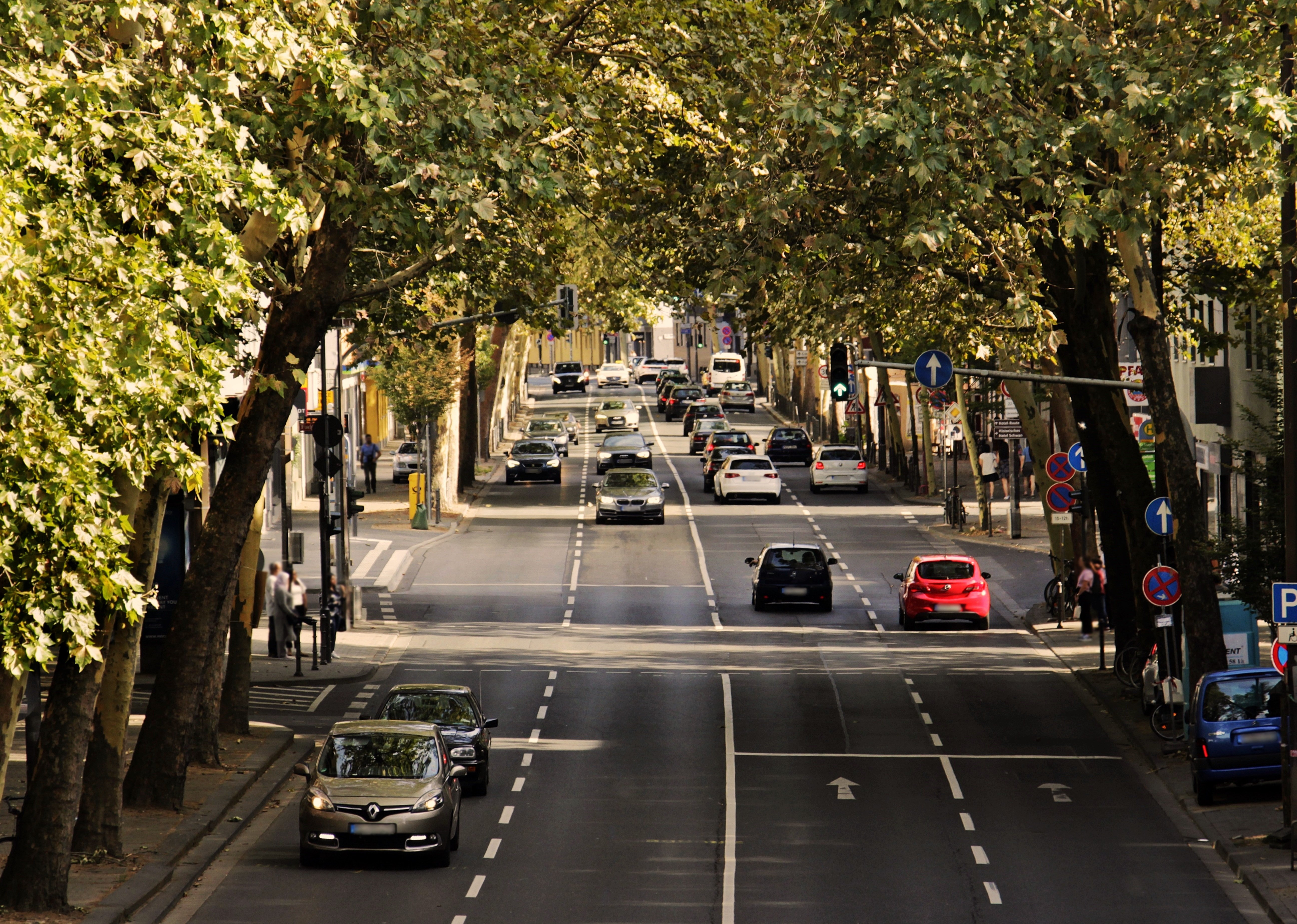

Air pollution: a global threat
“Air pollution is one of the biggest dangers to public health”, says Christa Hasenkopf, Director of the Air Quality Life Index at the University of Chicago’s Energy Policy Institute (EPIC). “When it comes to the size of the public health threat, air pollution is at roughly the same level as smoking, and poses a greater threat than alcohol and unclean water (three times as many air pollution-related deaths) and HIV (six times more). Air pollution is a concern for almost everybody on the planet. While the other dangers mentioned above are obviously very serious, they affect a much smaller number of people”, she continues.
But public spending does not reflect those figures. Insight into developmental aid provided by governments and international organisations shows that “issues such as HIV/AIDS receive 225 times more financial support than outdoor air pollution ($6.5 billion versus $28.9 million). These investments are just a drop in the ocean, and simply cannot begin to address the scale of the problem”. So why aren’t governments doing more? Air pollution is a silent and daily threat: few people know that it takes an average of more than two years off our lives, compared to nine days for terrorism, which receives much more publicity. “You might think that dying two years prematurely at the end of a long life is nothing much to worry about. But those are average figures. Deadly diseases can strike much younger people”.
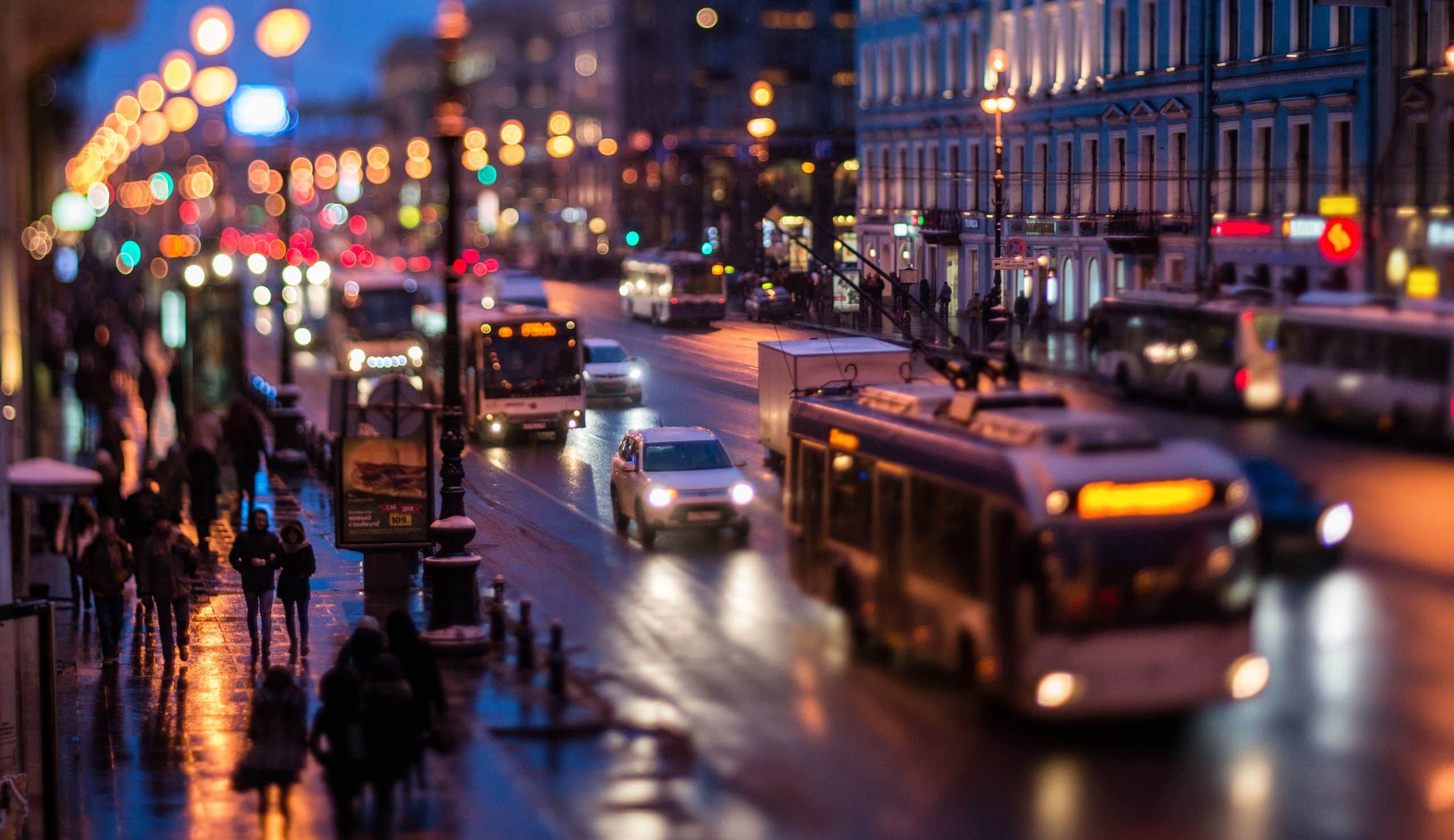

The specific threat posed by fine particles
“Generally speaking, exposure to atmospheric pollutants, and fine particles especially, leads to premature ageing”, observes Leila Aïchi in a report by the French Senate’s inquiry committee on the economic cost of air pollution. These include oxidative stress and respiratory or cardiovascular disorders. Our lives are at the mercy of fine-particle air pollution. “Scientific data clearly show a clear and definite link between pollution and death rates, as well as many other diseases”, explains Christa Hasenkopf.
This invisible evil is especially ruthless with inhabitants of urban areas, people who live alongside busy roads, and drivers themselves. Gaseous and particulate pollutants enter the respiratory tract. They then reach the blood and lymph circulation systems, impact the immune system and damage various organs. As a result, they significantly increase the risk of heart failure and infarction, bronchiolitis and asthma, lung cancer, stroke, thrombosis, and neurodegenerative diseases (Parkinson’s, Alzheimer’s, etc.). “Air pollution (indoor and outdoor) is a major environmental threat to health in Europe, and a known cause of cancer, especially of the lung”, explains the European Environment Agency in its report from June 2022.
How to find out more and protect yourself
Air pollution is set to be a major public health issue for the years to come. It requires a firm commitment from the French state, which was yet again fined 20 million euros by the Conseil d’État on 17 October 2022 for repeatedly failing to adhere to French and European air quality standards. Living in urban areas and near busy roads means enduring excessive exposure to the dangers of air pollution, so what should we be doing to protect and inform ourselves? There are applications and websites with plenty of information on air quality, such as Prev’air and Airparif in the Ile-de-France region. It’s best to use public transport or travel by bicycle if possible. For people who do travel by car, there are already some technological solutions to reduce emissions at their source, such as filters to treat exhaust gases and fine-particle suction devices that extract those produced by brake friction. What can you do to improve air quality for yourself and others? During times of peak pollution, the advice is to stay at home as much as possible, use an air purification device, avoid doing exercise outdoors, and stay away from very busy roads, especially during rush-hour periods. It can also help to eat antioxidant foods (blackberries, artichokes, prunes, raspberries, strawberries, etc.). And if all else fails, up sticks and move to the parts of Australia, New Zealand or Scotland, areas that Christa Hasenkopf and her team have identified as having the best quality air.
In figures
- We lose an average of 2 years in life expectancy due to air pollution.
- 238,000 premature deaths in Europe in 2020 were related to fine particles.
- The number of deaths caused by fine particle pollution is similar to those caused by smoking, more than three times those caused by drinking alcohol and consuming unsafe water, and six times those caused by HIV.
- 17% of lung cancer deaths can be attributed to air pollution.
- The Senate estimates the cost of pollution on health in France at 100 billion.
